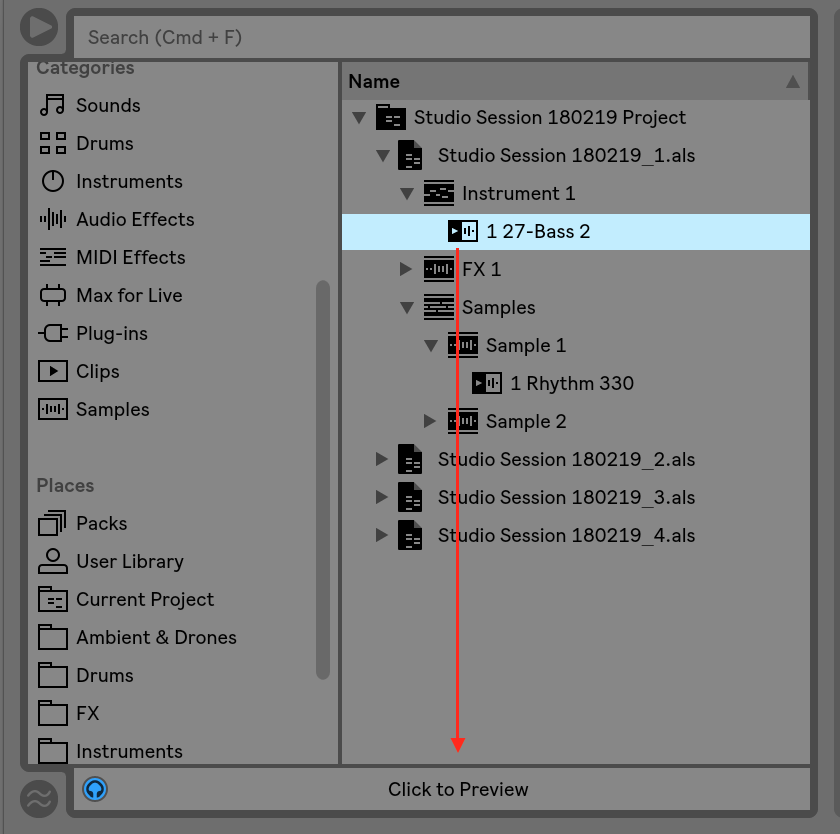

Now, Live has long since become my creative tool I start every track there because I just find it inspiring. In 2006, in the course of a particular project, I got to know Ableton Live and started using it more and more. I met a lot of musicians who were just starting off with Cakewalk Sonar on PCs. In the last year of my studies there was no compulsory attendance so I travelled a lot – to Spain, Paris, London, the States. When did you start working with music software? I recorded some demos and eventually I got mail from the Onpa label where I released my first EPs. I bought a Roland MC-505 Groovebox and learned beat programming and step sequencing. I studied economics for which I moved to Tokyo. I wanted to but my parents didn’t allow it. That’s how I started making music at the age of seven or so, with these endless ping-pong recording sessions. But one could also offset them rhythmically to get echo effects. When the players were approximately at the same speed this would produce phasing effects. I would record on two of them simultaneously, then play them both back and record on a third machine. Eventually, I even had three tape recorders. I was fascinated.īut you couldn’t record this without a second tape recorder.Įxactly. I did manage to manually turn the reels however and this produced some pretty strange sounds. I took it apart right away but I wasn’t able to repair it. My first experiment was my parents’ tape recorder when it stopped working one day I was allowed to have it. I absolutely wanted to make music, but with more freedom. These classical lessons were too narrow for me, too constrained by rules.

I always wanted to improvise but I was never allowed to. Were piano lessons such an ordeal for you?

I didn’t become a gifted pianist but I did learn some music theory and how to read notation. My father gave me my first piano lesson when I was about three or four and I persevered until I was 13. Your music sounds quite fresh and playful. In our interview Kyoka explains how she thinks and feels about her music and describes the techniques that went into the making of her album. The album’s twelve powerful, gratifyingly unpolished tracks are a daring fusion of rolling beats and organic, chopped-up vocals that don’t fit neatly into any genre category. Apparently, Japanese musician/composer Kyoka has them is (Is Superpowered) is her first full-length album, released on the well-established Berlin label Raster-Noton. Sometimes it seems that in order to be heard in the increasingly crowded field of electronic music, one needs – besides artistry and skills – superpowers.


 0 kommentar(er)
0 kommentar(er)
